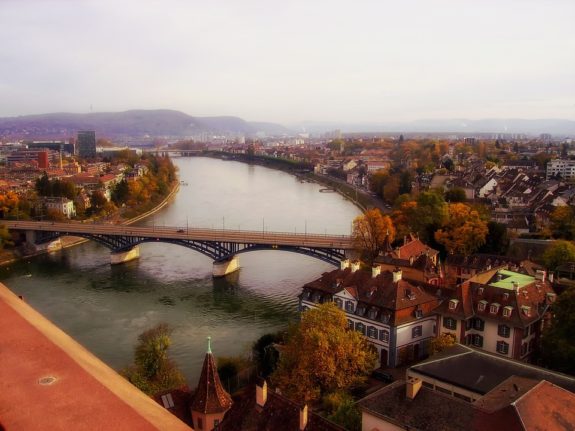Test yourself, then your family and friends!
All comments, questions, corrections and feedback can be sent to michael.stuchbery@thelocal.com. You can find the rest of our quizzes here.
It's time for our regular quiz on all aspects of life in Germany - language, culture, history and geography.

Test yourself, then your family and friends!
All comments, questions, corrections and feedback can be sent to michael.stuchbery@thelocal.com. You can find the rest of our quizzes here.
Member comments